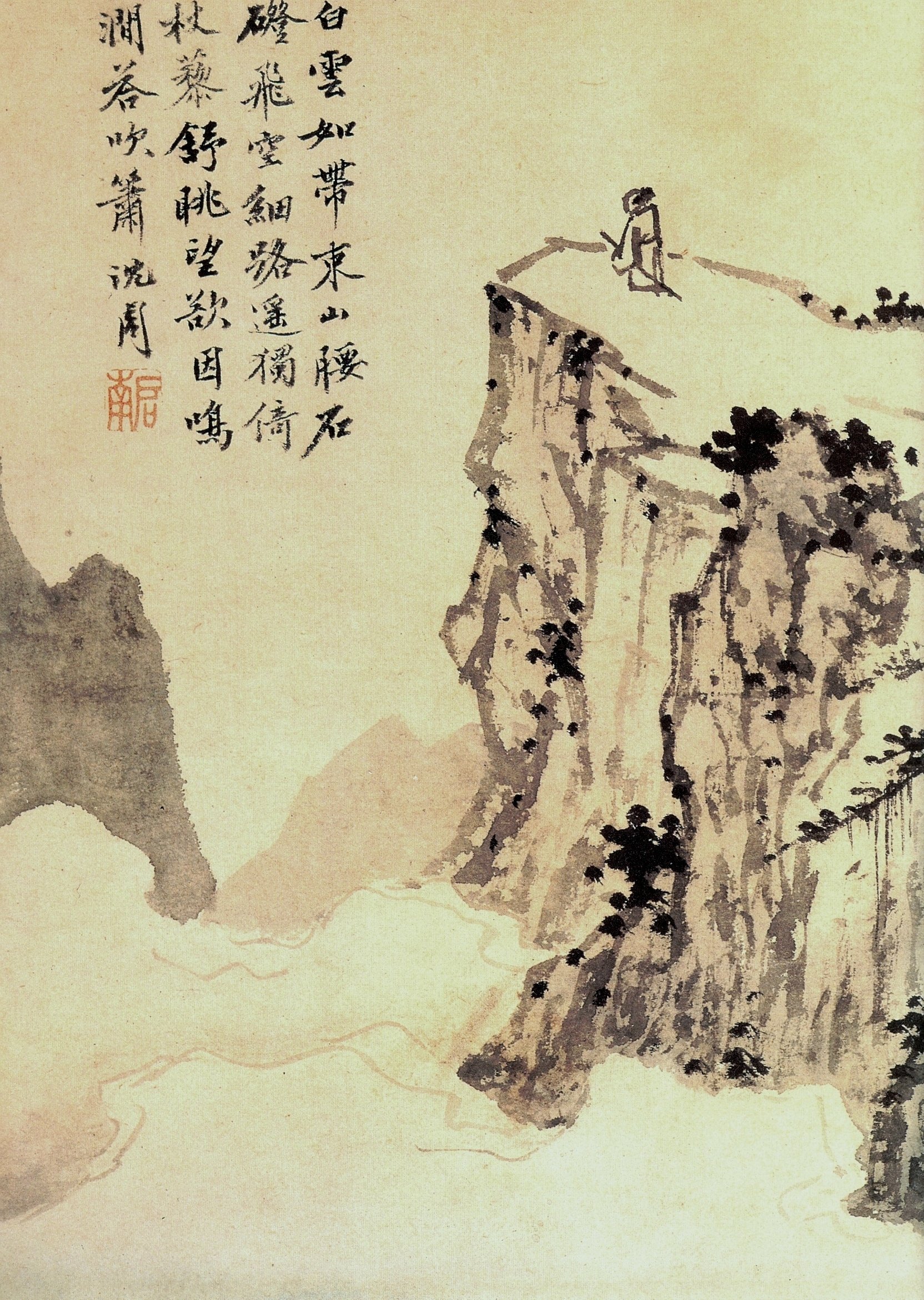
Episode 1: Climbing the Mountains of Modernity
Teaching Aid
Teaching Aid for Episode 1: Climbing the Mountains of Modernity
Teachers: please read the introduction to these teaching aids first.
Pre-Listening Journal/Discussion Questions
What comes to mind when you think of mountaineering and rock climbing? Why do people climb mountains? Do you think the desire to ascend high peaks is innate to human nature, or is it a purely modern experience?
Browse the images of mountains and climbing in the Image Gallery. What do these images suggest about why people, both past and present, climb mountains?
Listening Guide
Introduction: What Climbing Sounds and Feels Like Now [0.00-5.20]
What reasons does Nina Williams give for her love of rock climbing?
What is “modernity talk”?
Petrarch, or The Man Who Climbed Up a Mountain and Came Down a Modern [5:20-11:32]
In 1336 the Italian poet and humanist scholar Francesco Petrarch ascended the peak of Mont Ventoux. What did he do at the top of the mountain?
Why did Swiss historian Jacob Burckhardt consider Petrarch to be “the first modern man”? Would Petrarch have considered himself modern?
Mountain Gloom, Mountain Glory [11:32-21:05]
In her 1959 book Mountain Gloom and Mountain Glory, Marjorie Hope Nicholson asserts a stark divide between pre-modern and modern attitudes towards mountains. What is Nicolson’s thesis?
Why does contemporary scholar Dawn Hollis disagree with Nicholson’s thesis?
What theory about the Anasazi people fits perfectly with Marjorie Nicholson’s view?
How do the findings at Locomotive Rock challenge that theory about the Anasazi and Fremont peoples?
What Makes Climbing Modern? [29:36-42:01]
What claim about the appreciation of mountains does William Wordsworth make in his 1844 letter to the Morning Post opposing a railway line into the Lake District?
What genuinely new pleasure did 19th-century mountaineers such as Leslie Stephen take in climbing mountains?
What myth of the modern climber does Peter Hansen see embodied in the film Free Solo?
What fundamental notion of modernity is revealed by the way modern people view mountain climbing? What is it that truly makes modern mountain climbers “modern”?
How might the language of modernity limit our understanding of the past?
Post-Listening Journal/Discussion Questions
What are two examples of how individualism and the assertion of the individual will over nature inspire modern mountain climbing or other extreme sports? What are two examples of how you see individualism idealized in other facets of modern life?
Do you agree with the assertion that thinking we are radically different from the past is what truly makes us modern? If so, what examples can you give? If not, then what does make us modern?
Do you think it is true that the language of modernity inherently limits our perception of the past? If so, how so, and if not, why not?
Does the past have anything to teach us? If so / if not, why?
Links for Further Exploration
“Rock Climbing in Prehistoric America” (3-minute animated video produced by Genealogies of Modernity)
Jacob Burckhardt’s description of Petrach’s ascent of Mont Ventoux from The Civilization of the Renaissance in Italy.
William Wordsworth’s Letters to the Morning Post opposing the Kendal and Windermere Railway
